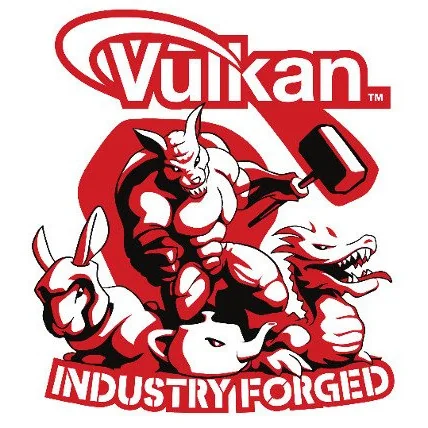The Community Has Already Taken To Experimenting With Vulkan Game Engines

For those looking to spend their Easter weekend looking at more real-world Vulkan code examples and some of the game engines being developed now around Vulkan in the open, here are some of the game engines being developed on GitHub around this new high-performance graphics API from the Khronos Group. These projects are listed in no particular order.
PrometheusEngine - A new engine being developed by an individual with Vulkan support. However, so far this seems to be limited to only Windows.
EEngineE's Engine - "A simple to use, cross platform Vulkan 3D engine." This one seems to be further along than some of the others. There is 2D and 3D support and Vulkan is the only supported rendering API. There is build support for both Windows and Linux. Wayland and Mir support for this engine are still forthcoming.
Panther Engine - What started out as a Direct3D 12 engine is now being ported to Vulkan.
VulkanRenderer - This isn't a full-blown game engine, but just a renderer project.
TVGE - Another Vulkan game engine being developed but only with Windows support right now.
Mercury - Another game engine being developed using the Vulkan graphics API.
For the game engines currently only with Windows/Win32 support, it's a great opportunity and learning session to get involved by porting it to Linux. Or these Vulkan Windows engines also serve as more test cases for Wine-Staging's wrapper for running Vulkan programs/games.
Not part of this list, one of the community Vulkan projects I'm most looking forward to is the Doom 3 (id Tech 4) engine port to Vulkan.
35 Comments

